The Greek army has a long and storied history, dating back thousands of years to ancient times. From the legendary 300 Spartans who defended Thermopylae against the Persians, to the modern-day Hellenic Armed Forces, the military has always played a significant role in Greek society.
What equipment does the Greek army have?
The Greek army has a long and storied history, dating back thousands of years to ancient times. From the legendary 300 Spartans who defended Thermopylae against the Persians, to the modern-day Hellenic Armed Forces, the military has always played a significant role in Greek society.
The modern Greek army is known as the Hellenic Armed Forces and is comprised of three branches: the Hellenic Army, the Hellenic Navy, and the Hellenic Air Force. These branches work together to protect Greece and its interests at home and abroad.
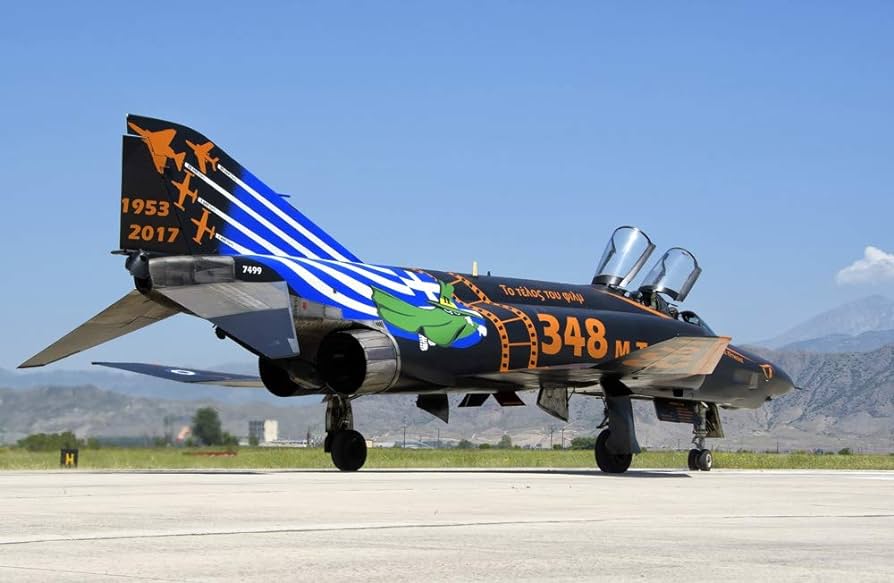
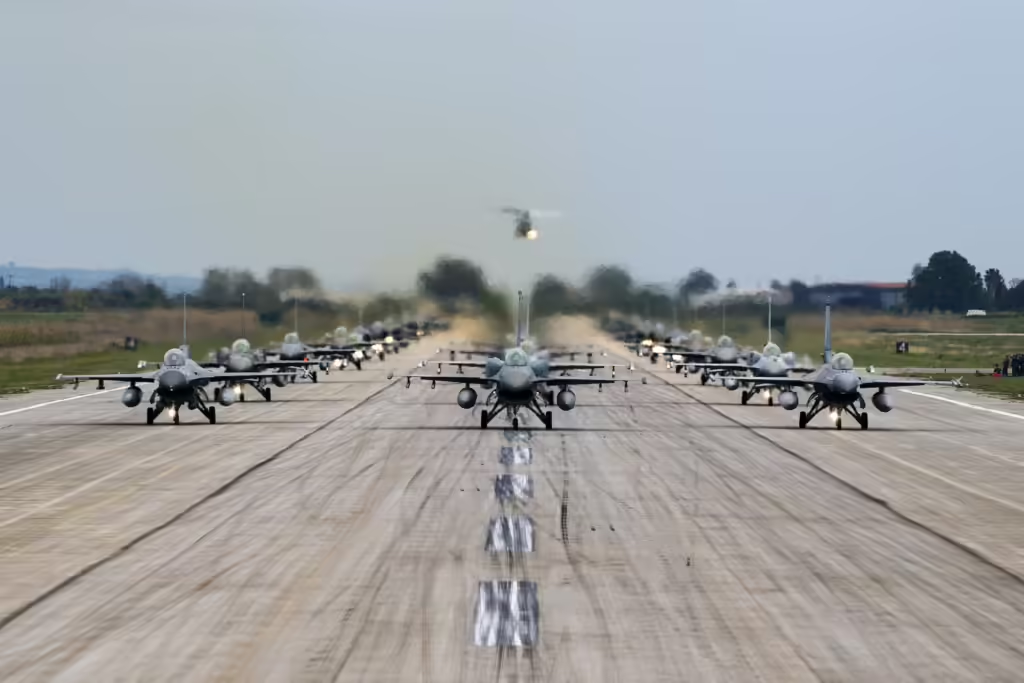
One of the main responsibilities of the Greek army is to defend the country’s sovereignty and territorial integrity. With Greece being strategically located at the crossroads of Europe, Asia, and Africa, the army plays a vital role in ensuring the security of the nation and its borders. The army also plays a key role in protecting Greece’s maritime interests and in safeguarding the territorial waters in the Aegean Sea.
The Greek army is also responsible for participating in international peacekeeping missions and humanitarian operations. Greece is a member of various international organizations such as NATO and the United Nations, and regularly contributes troops to missions around the world. Greek soldiers have served in countries like Afghanistan, Kosovo, and Lebanon, helping to maintain peace and stability in those regions.
In recent years, the Greek army has undergone modernization and restructuring to meet the challenges of the 21st century. New technologies and equipment have been introduced to enhance the army’s capabilities, and training programs have been revamped to ensure that soldiers are well-prepared for the threats of today’s world.
Hard work and courage in the Greek army
Despite these advancements, the Greek army faces several challenges. One of the main issues is the ongoing economic crisis that has affected Greece in recent years. Budget cuts have reduced funding for the military, leading to concerns about the army’s ability to maintain its operational readiness and effectiveness.
Another challenge is the ongoing geopolitical tensions in the Eastern Mediterranean. Greece faces threats from neighboring countries, such as Turkey, and from non-state actors like terrorist organizations. The Greek army plays a crucial role in deterring potential aggressors and defending the country’s interests in this volatile region.
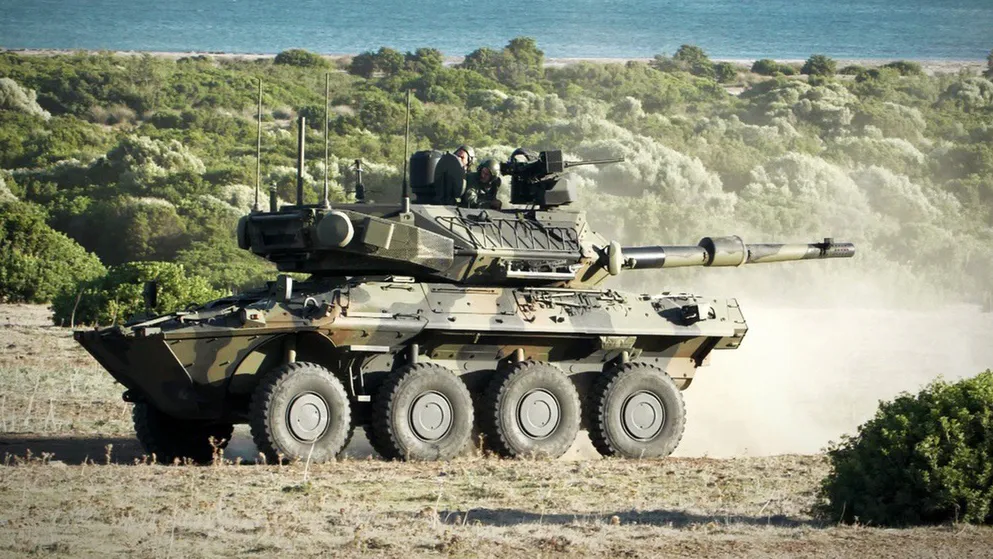
Overall, the Greek army remains a key institution in Greek society, with a rich history and a vital role in ensuring the security and defense of the nation. Despite the challenges it faces, the army continues to adapt and evolve to meet the demands of the modern world, and to uphold the proud traditions of Greek military excellence.
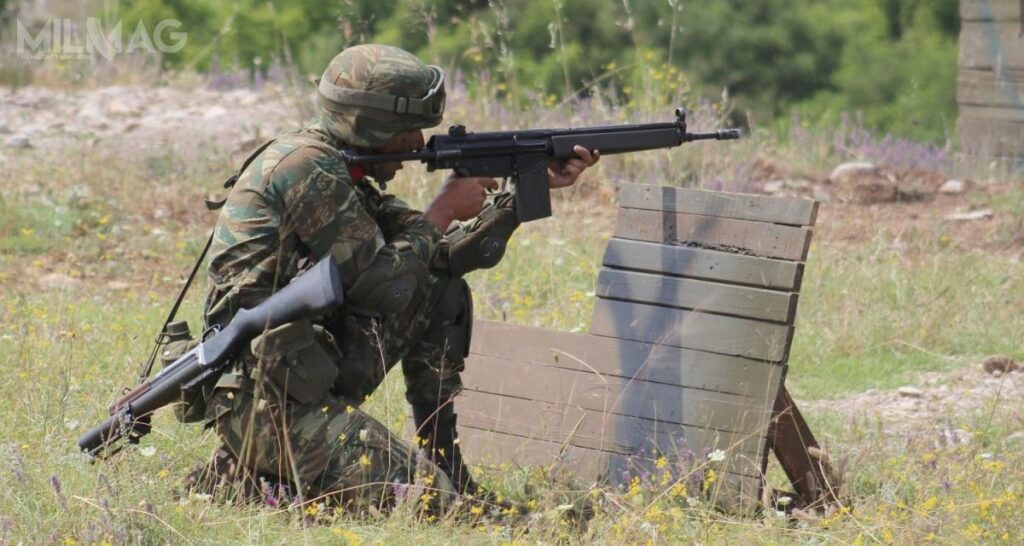
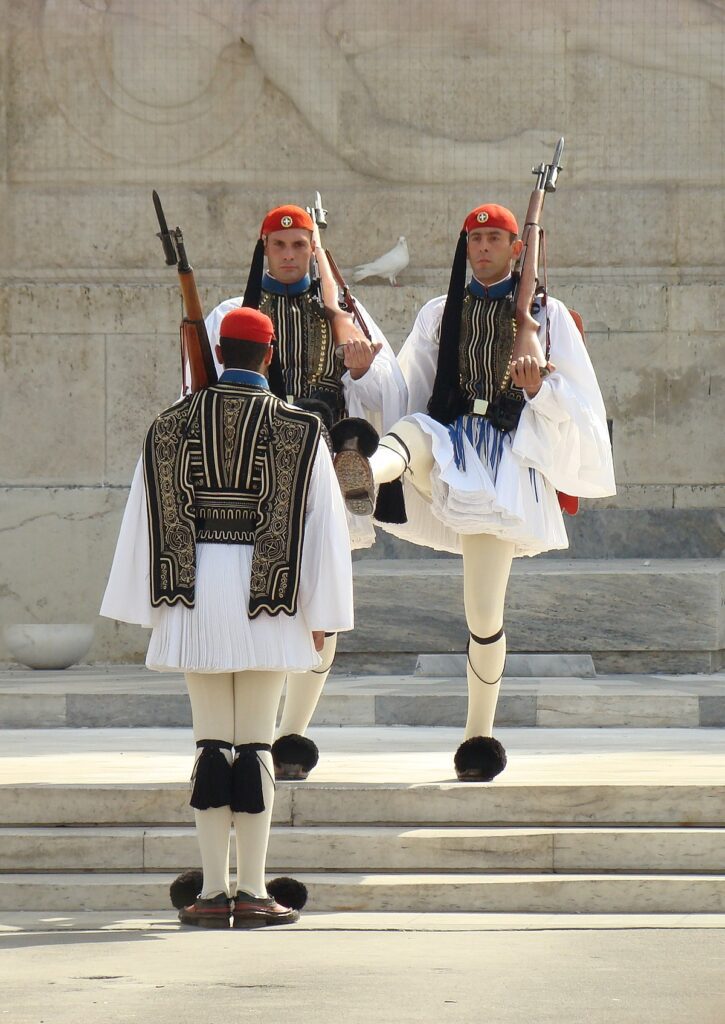

History: Greek military history spans millennia, with a legacy that includes famous battles like Thermopylae and Marathon. Ancient Greece laid the foundation for many military tactics still used today.
Mandatory Conscription: Greece maintains mandatory military service for its male citizens, typically for a duration of 9 months to a year, depending on the branch of service. This has been a longstanding tradition aimed at bolstering national defense.
Strategic Location: Greece’s geographic position makes it strategically important for both regional and international military interests. Its location in southeastern Europe places it at the crossroads of Europe, Asia, and Africa, making it a key player in regional security.
Participation in NATO: Greece has been a member of NATO (North Atlantic Treaty Organization) since 1952, contributing to the alliance’s collective defense efforts. This membership enhances Greece’s military capabilities through cooperation with other member states.
Modernization Efforts: In recent years, Greece has undertaken efforts to modernize its armed forces, acquiring new equipment and technology to enhance its capabilities in defense and security operations.
Special Forces: Greece boasts elite special forces units, such as the Hellenic Army Special Forces and the Hellenic Navy Underwater Demolition Command, renowned for their specialized training and operations.
Cyber Defense: Like many modern militaries, Greece recognizes the importance of cybersecurity. It has invested in developing its cyber defense capabilities to protect against digital threats and attacks.
Peacekeeping Missions: Greece actively participates in United Nations peacekeeping missions worldwide, contributing troops to promote stability and security in regions affected by conflict.
Ancient Military Traditions: While modernized, Greek military still pays homage to its ancient roots. Ceremonies and rituals often reflect the country’s historic martial traditions, keeping a connection to its past
Joint Exercises: Greece regularly conducts joint military exercises with allies and partners, fostering interoperability and cooperation in defense operations.
